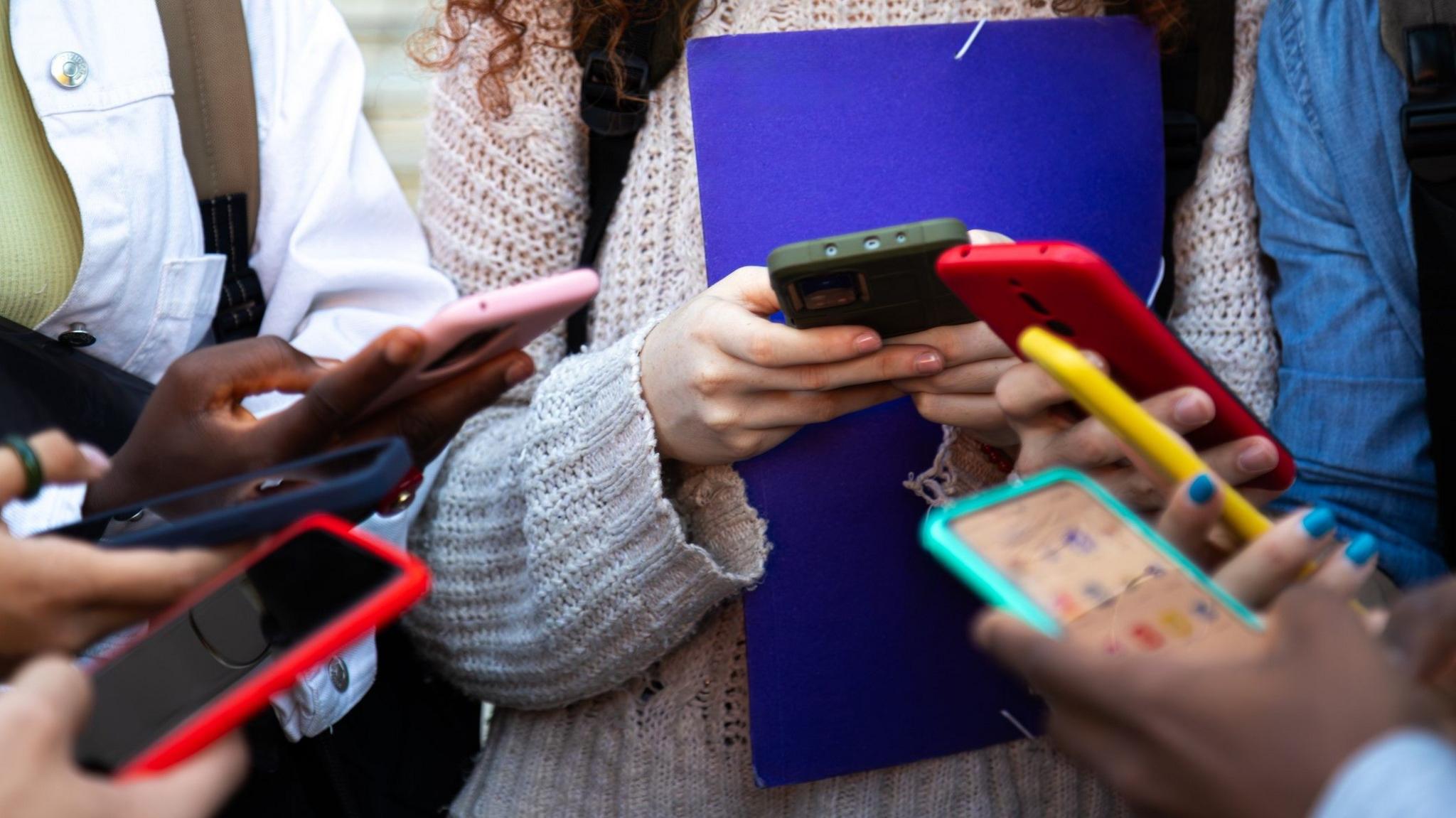Should smartphones be banned in schools?

More schools in north London are banning smartphones and are favouring brick phones instead
- Published
"I don't know whether an outright ban is the way forward, or even feasible."
Jemima Headey, from north-west London, is one of many parents whose children are facing new school rules about their use of mobile phones.
Sixty schools in north London are revising their phone policies after campaigning by the Smartphone Free Childhood, external (SFC) charity.
The charity is also encouraging parents to delay smartphone purchases until their children are at least 14 and to delay giving them access to social media until they are 16.
BBC London has been asking parents - some of whom are also SFC campaigners - about their views on children using smartphones.
Jemima also said it was an important conversation to have.
"There are good things about the internet and social media, but our children need to be able to navigate them safely," she said.
"I think pressure needs to be put on the government, on phone companies, on big tech to protect our young people."
The charity also signposts parents to other types of phones such as "brick" phones which only allow calls and texts or other models that can access podcasts and music, but no internet access.
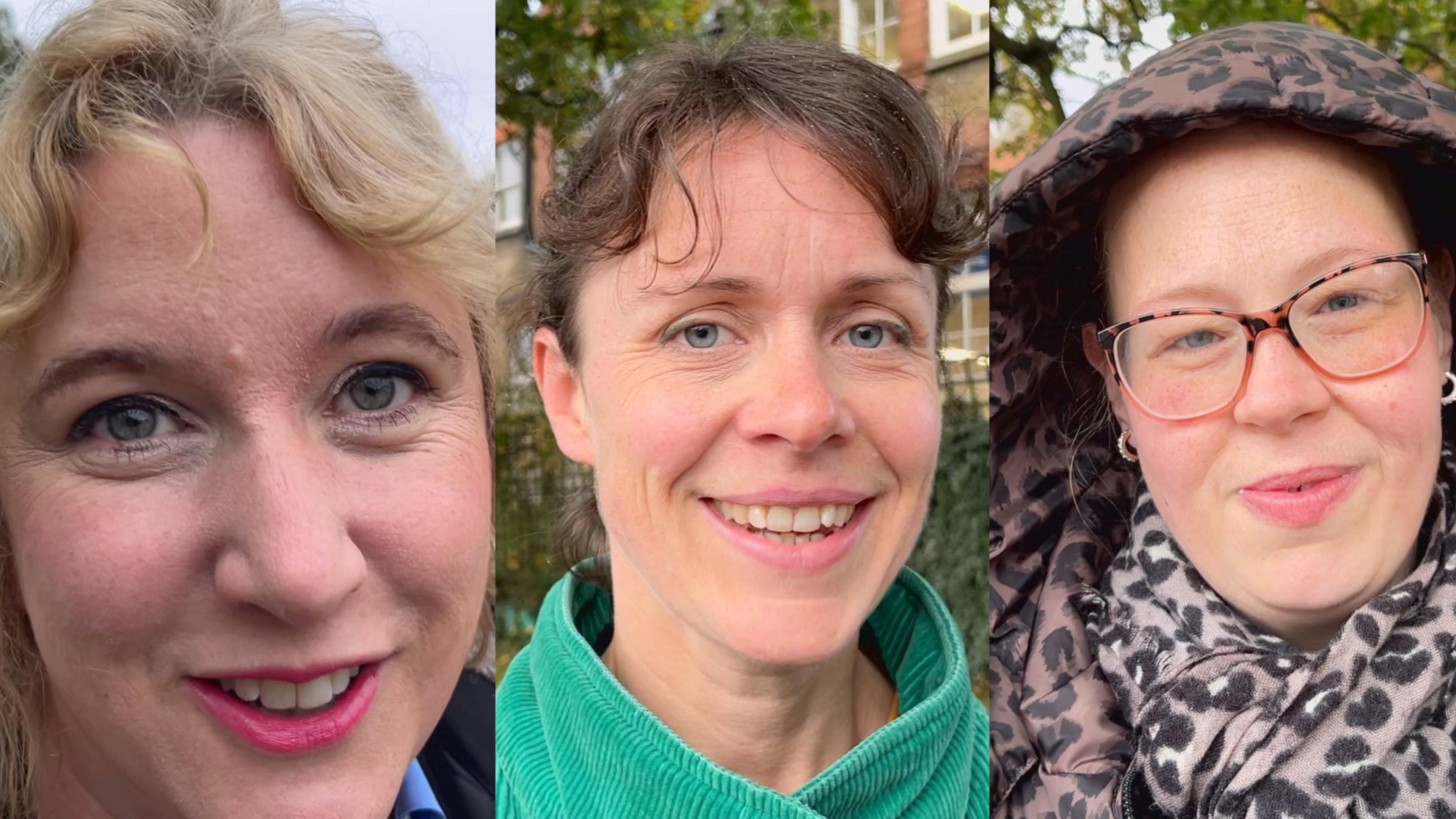
Parents from left to right, Carla Francome, Fiona Dear and Stacey Holohan
Some parents, like Carla Francome, are conflicted.
Her children are seven and nine.
"I think secondary school is a good age to give my children phones because I'd like them to call me if there's a problem, but I want them to have an old 'brick' phone," she said.
"It's so difficult because I'd also like them to have access to maps but not any of the other stuff, otherwise they'll be Whatsapping their mates all evening.
"Having said that, that's what I do. So if it's good enough for me, why can't I let me kids do that?"
Meanwhile, Fiona Dear, in Bounds Green, said: "I think social media is really damaging and this need to check our phones all the time, I don't see how teenagers can really handle that."
Tricks that keep you hooked on your phone. Video, 00:03:36
- Published14 April 2018
Can Barbie help beat teen smartphone addiction?
- Published28 August 2024
What happened when 10 teens gave up their smartphones?
- Published12 June 2024
The schools which are implementing, or working towards, no smartphones during the school day include private, state, primary and secondary.
Belmont School in Mill Hill, King Alfred School in Hampstead and Queens Park Community School (QPCS) in Brent have agreed to work towards removing smartphones from schools entirely and to allow only basic "brick" phones (which only offer texts and calls) according to SFC.
At Queen's Park Community School, a secondary school also in Brent with more than 1,300 pupils, smartphones seen will be confiscated for six weeks, whereas if a brick phone is seen it will only be held for one day.
Stacey Holohan has an 11-year-old son, who has a smartphone which he uses to make calls but doesn't have social media.
His school also does not allow mobile phones, which she agrees with but doesn't think a child should wait until they're 14 either.
Stacey said: "They go to school, some travel really far. How are they going to communicate with their parents if something's happened?
"If there's an accident and they're running late? It's more peace of mind for the parents."
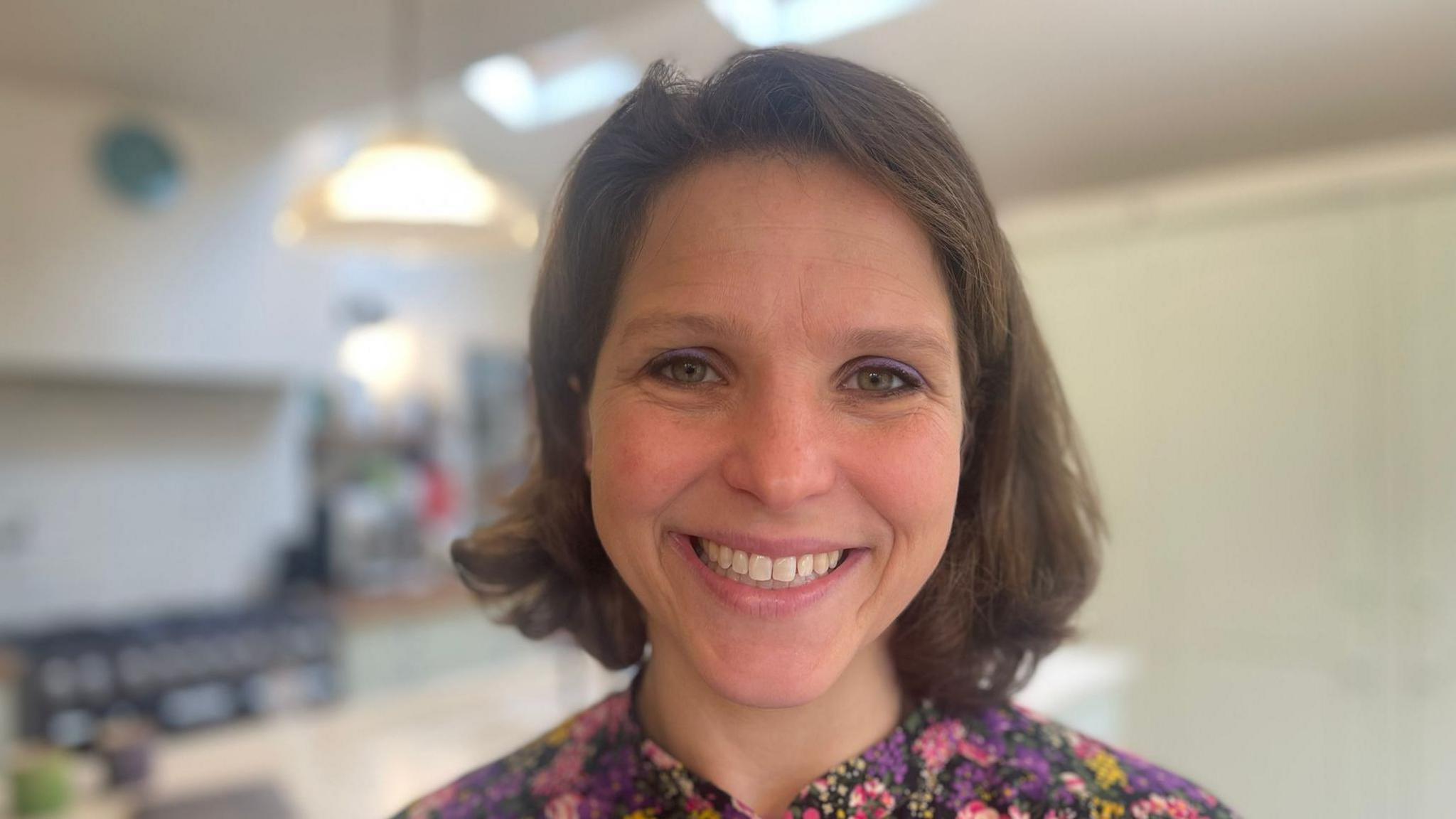
Eliza has plans to hold a brick phone fair at her child's school
Eliza Krigman is a parent from Haringey and active campaigner for SFC.
She told us she plans to talk to parents about the importance of having a phone without internet access and give them the option to take a look at alternatives to smartphones.
"The evidence is in," she said.
"Smartphone use is related, and a cause to, the mental health epidemic we're seeing in young people."
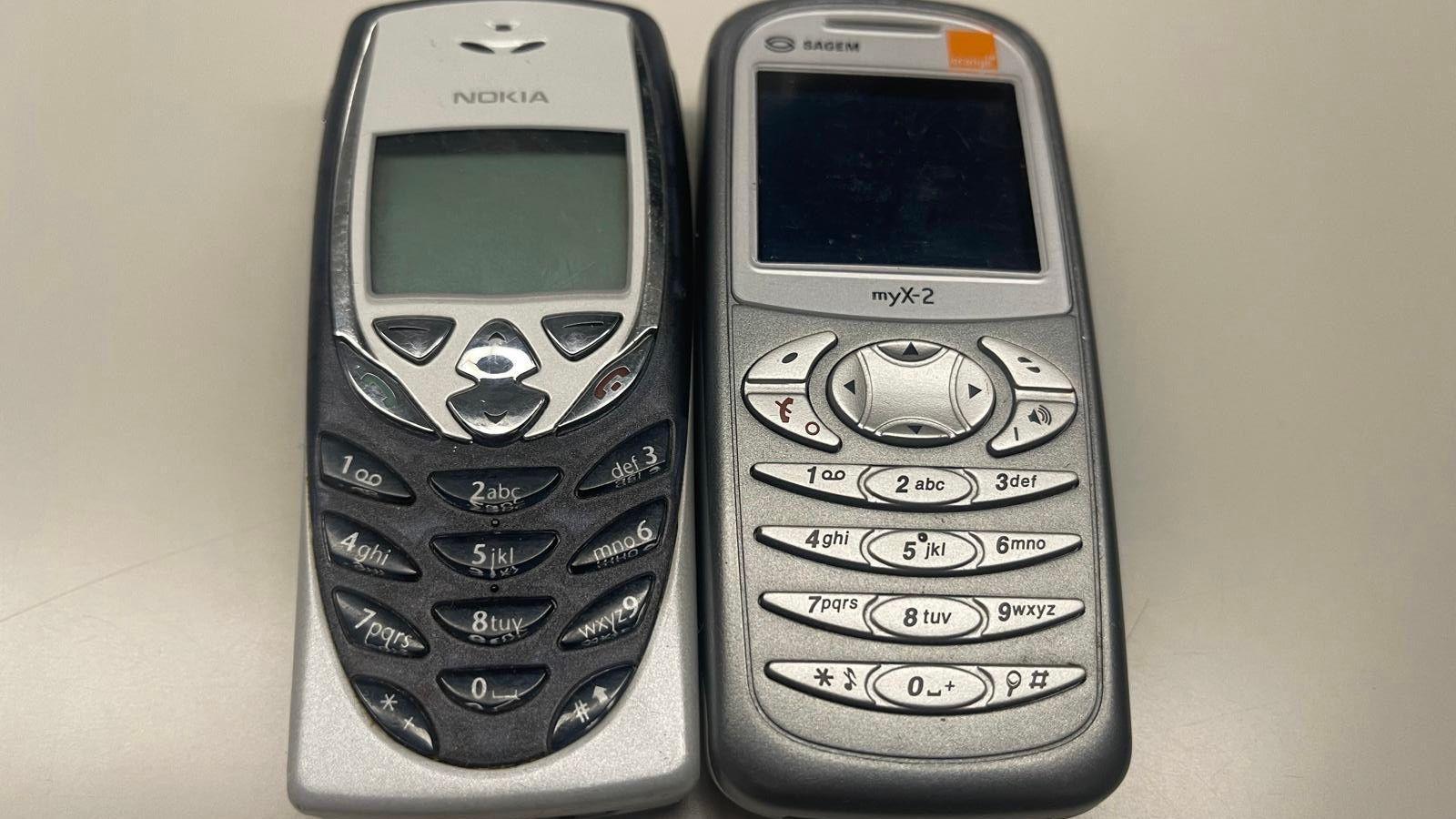
"Brick" phones allow texts and calls but do not have internet access
Nova Eden, SFC's regional leader for north London, said the aim was to prioritise how children spent their time as childhood is short and takes away valuable time that can be used in more fulfilling ways such as spending time with family or learning new skills.
"What we’re advocating is not 'never', but simply 'not yet', she said.
"While children’s brains are still developing, it’s much healthier for them to enjoy their childhood through play, rather than being glued to smartphones and social media.
"Our campaign is not suggesting no phones instead we are suggesting a brick phone or a flip phone which allows calls and messages but doesn’t have the dangers of having the internet in a child’s pocket for 12 hours a day where strangers can reach them.
"Children do not need smartphones, children need a childhood."
According to SFC, in north London more than 2,500 parents from almost 200 schools have pledged their support, while nationwide hundreds of thousands of parents have joined the movement.
In north London, campaigning has been focused on schools in Barnet and Haringey, and will now turn to Ealing.
As SFC has highlighted, a delay to smartphone use can go a long way in protecting children's mental health but there are other factors to consider.
Do we need to also learn healthy digital habits?
Dr Faye Begeti is a neurology doctor and neuroscientist who emphasises the importance of this.
On Instagram she said children need to understand why removing phones from classrooms is necessary, to enable them to build healthier digital habits when they get older.
She shared these tips on how this could be achieved (it's for parents too):
Turn off notifications
Keep your phone in a set place / room (ie do not carry it around the house with you but have an area where you go to specifically to check the phone)
If you have an urge to check it, wait five minutes and then see if the feeling has passed
If you want to reduce the amount of time on social media, each time you go on it log out so that it's not as easy to have a quick check
Remove apps from the phone home screen so you have to search for them.
Source: The Phone Fix book, by Dr Faye Begeti
Listen to the best of BBC Radio London on Sounds and follow BBC London on Facebook, external, X, external and Instagram, external. Send your story ideas to hello.bbclondon@bbc.co.uk, external
Related topics
Related stories
- Published29 September 2024
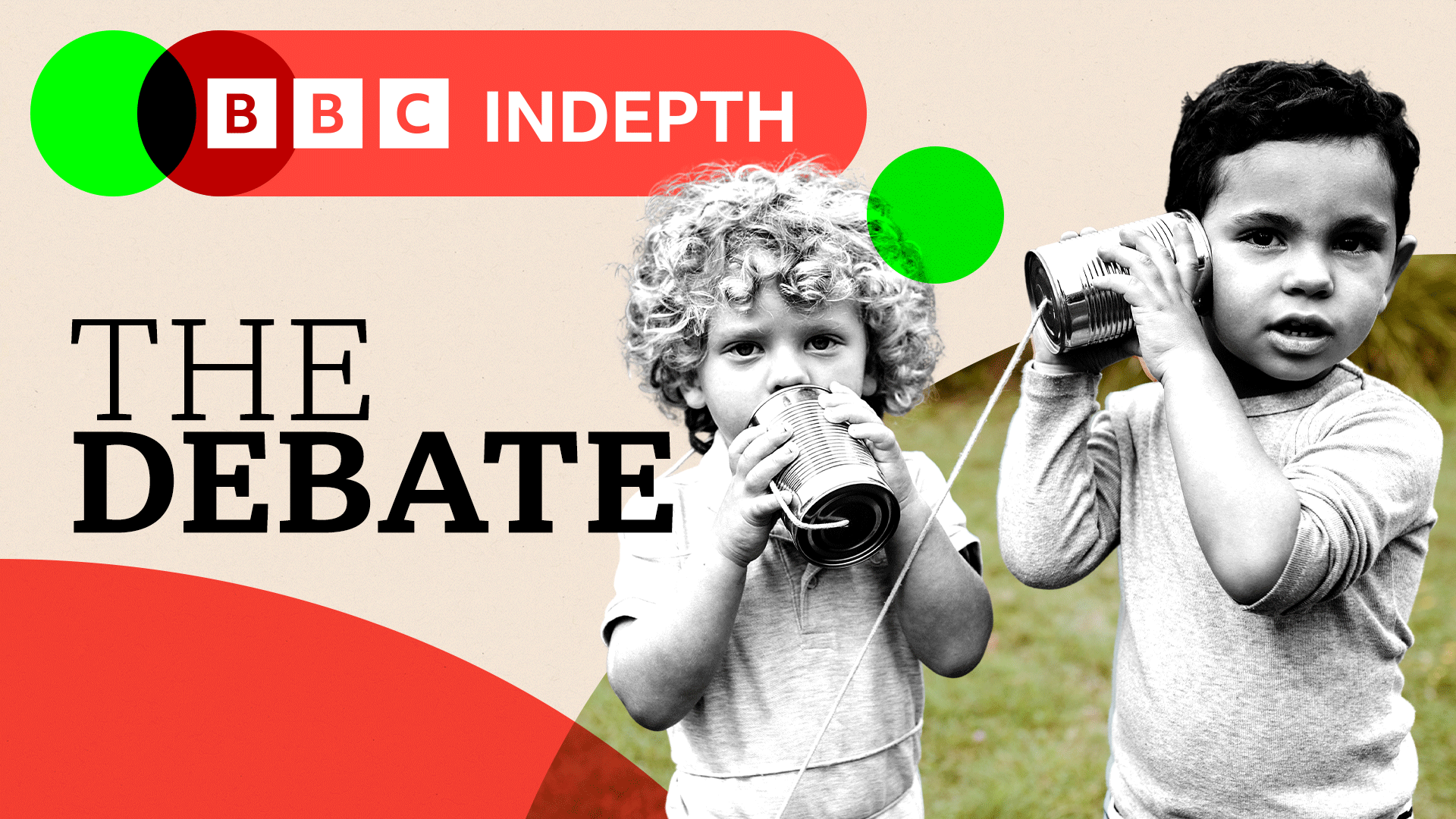
- Published3 September 2024
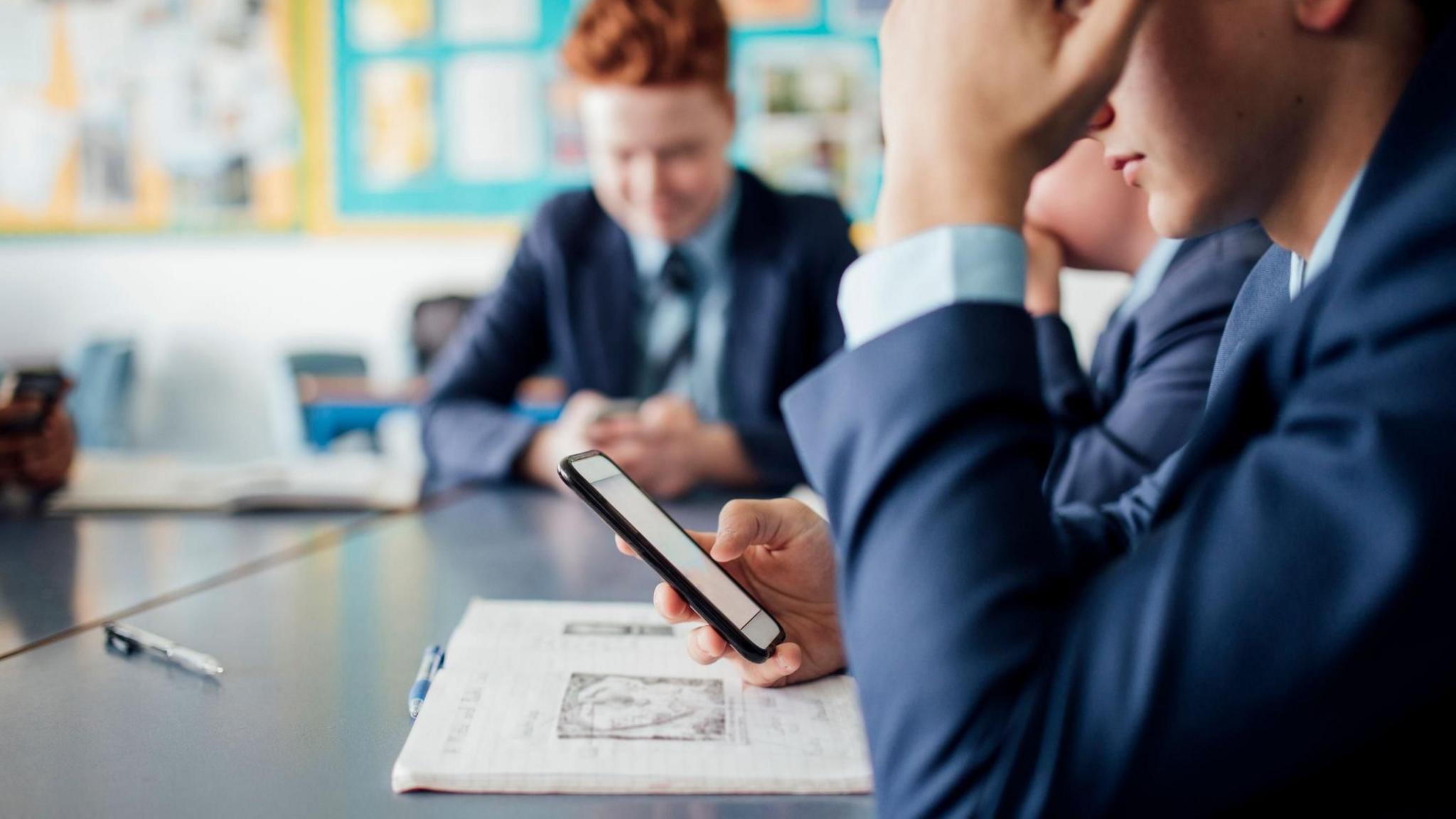
- Published10 July 2024
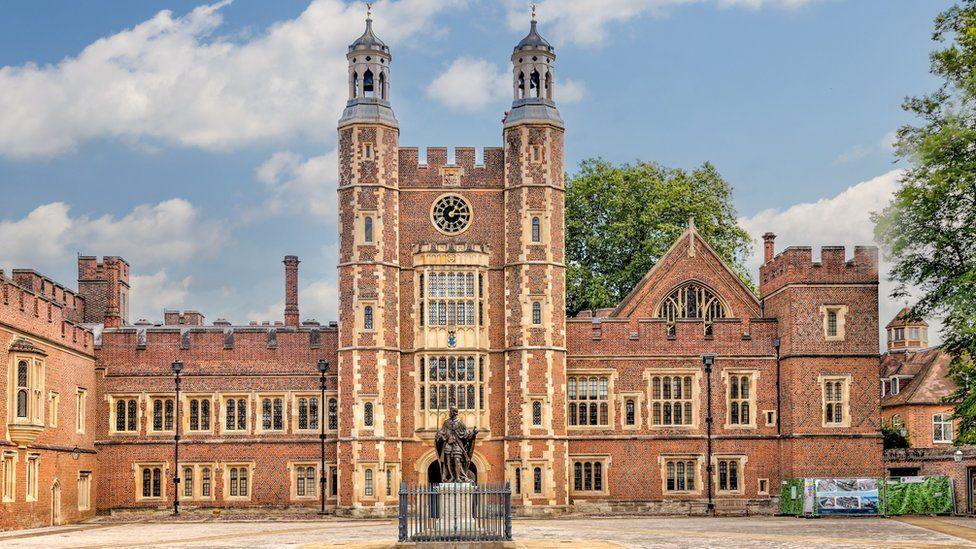
- Published14 September 2024
